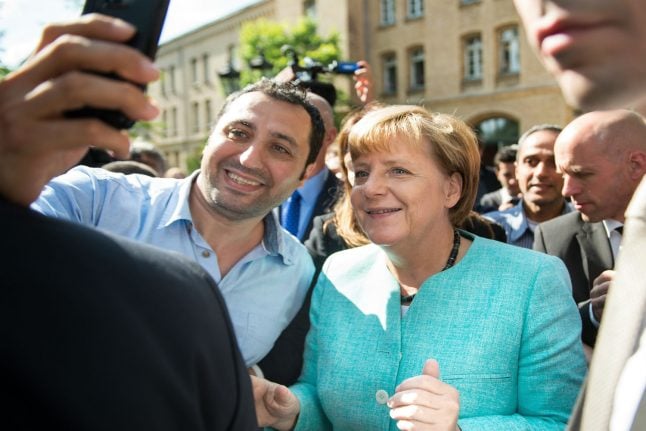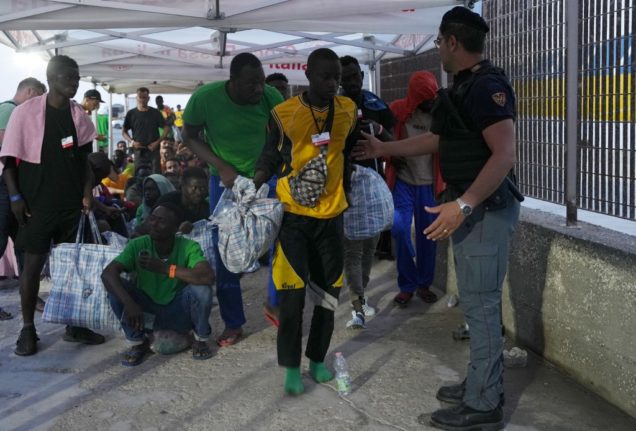Jobs
Around half of the nearly 900,000 asylum seekers who arrived in Germany in 2015, many from conflict-torn Syria, Afghanistan and Iraq, now have a job, according to Germany's Institute for Employment Research (IAB).
Migrants have been “rather successful” in finding employment in Europe's top economy, said IAB's migration expert Herbert Brücker.
READ ALSO: Five years on: How well did Germany handle the refugee crisis?
Many are working in hospitality, the security services, cleaning services and retirement homes, plugging gaps in Germany's labour market.
The pandemic has, however, slammed the brakes on the positive trend, Brücker said, with many working in sectors hardest-hit by virus restrictions and vulnerable to lay-offs.
A separate study by the DIW economic institute also concluded that the integration of Germany's newcomers was on the right track.
But it said more needed to be done to help find work for migrants with low education levels and for female migrants, who often have young children to look after.
READ ALSO: Integration in Germany: Half of refugees 'find jobs within five years'
Far-right anger
The influx of more than a million mainly Muslim asylum seekers in 2015-2016 deeply polarised Germany.
While some engaged in “welcome culture” and volunteered to help refugees, others railed against Merkel's liberal asylum policy.
READ ALSO: Merkel 'would do the same again' five years after Germany's refugee influx
Anger over a series of high-profile crimes committed by migrants helped fuel the rise of the far-right, anti-Islam Alternative for Germany (AfD) party, which in 2017 won its first seats in the national parliament.
The AfD's approval ratings have declined in recent months as the pandemic pushes the refugee debate into the background.
“Germans are generally less worried about immigration now, but migrants' concerns about racism have increased,” the DIW report found, noting that migrants tend to have little faith in law enforcement.
Language skills
For many migrants, learning German is the fastest road to acceptance into German society.
“Just one percent of the refugees had good or very good knowledge of German upon arrival,” said the IAB's Brücker.
Today around half of them speak German relatively fluently while another one third speak the language “at a medium level”.
Brücker said it was important to ensure that coronavirus restrictions didn't hamper migrants' access to language classes and educational courses, because they are crucial to integration efforts.
Demographic shift
Looking ahead, Brücker said migrants would play an increasingly important role in Germany's economy as they help make up for a rapidly ageing population.
“We are in the middle of a demographic shift,” he said. Last year alone, the number of people of working age in Germany shrank by 340,000 year-on-year.
“This trend will increase once the 'baby boomers' start retiring,” Brücker said.
Given Germany's low birth rate, the only way to make up for the shortfall is through immigration, he added.



 Please whitelist us to continue reading.
Please whitelist us to continue reading.
Member comments